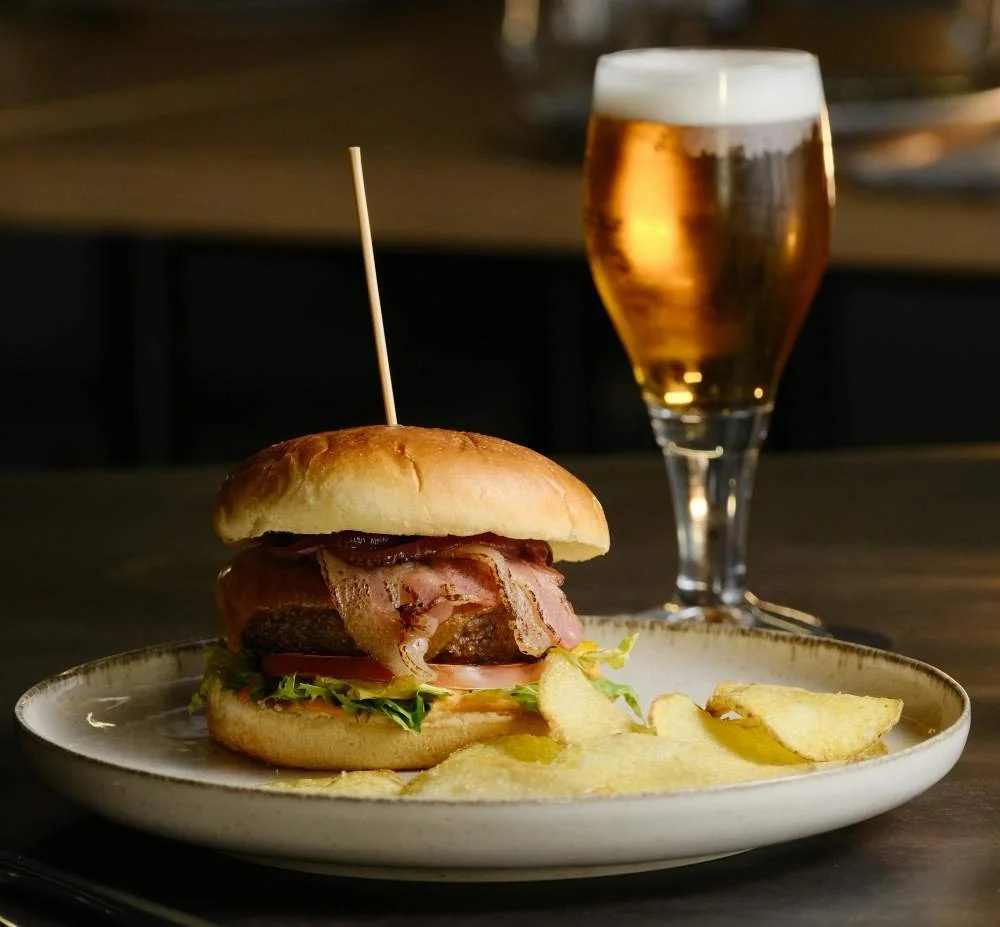Beyond "Just Stop": The Truth About Addiction's Invisible Struggle
Imagine you haven't eaten for three full days. Your stomach is growling, your head is pounding, and every cell in your body is screaming for food. Suddenly, a juicy burger appears right in front of you. What would you do?
Most people would say they'd do anything to get that burger. Lie? Possibly. Cheat? Maybe. Steal? If hunger was intense enough, yes. This is exactly what addiction feels like – except the "burger" is a substance, and the "hunger" is a craving that consumes every part of your being.
The Brain's Survival Mechanism
When people tell someone struggling with addiction to "just stop," they're missing a crucial point. Addiction isn't a choice – it's a complex brain disease that hijacks the body's survival mechanisms. Just like that burger represents survival to someone starving, the addictive substance becomes a perceived necessity for survival in an addicted brain.
Your brain doesn't distinguish between a life-sustaining need and a destructive substance. It registers an overwhelming, primal urge that feels as critical as breathing. This isn't weakness. This isn't a moral failing. This is a biological response that takes over rational thinking.
Breaking Down the Craving Cycle
Let's dive deeper into what's happening inside the brain of someone experiencing addiction:
Biological Rewiring: Repeated substance abuse actually changes brain chemistry. The brain learns to associate the substance with pleasure, survival, and relief from pain.
Survival Instinct Activated: The brain treats the substance like it's essential for survival, similar to how a starving person would view that burger.
Emotional and Physical Toll: Cravings aren't just mental – they're physically painful. Withdrawal can feel like your entire body is screaming for relief.
Why "Just Stop" Doesn't Work
Telling someone to "simply stop" is like telling someone who's been lost in a desert for days to "just not be thirsty." It's not just unhelpful – it's potentially harmful. This approach:
Increases shame
Makes the person feel misunderstood
Drives the addiction further underground
Prevents genuine healing and support
Compassion: The Real Path to Recovery
Recovery isn't about willpower. It's about:
Understanding the underlying causes of addiction
Creating support systems
Developing healthy coping mechanisms
Receiving professional help
Treating the whole person – not just the addiction
A Message of Hope
If you're struggling with addiction, you are not broken. You are not weak. Your brain is responding to something that feels like a survival mechanism. Seeking substance abuse therapy is a sign of incredible strength, not weakness.
To those supporting someone with addiction: Listen. Learn. Show compassion. Your understanding can be the lifeline someone needs to begin their recovery journey.
Final Thoughts
Substance abuse is complex. It's not about moral failure or lack of willpower. It's a health condition that requires understanding, professional support, and compassionate intervention. Just like you wouldn't blame someone for being hungry after days without food, we shouldn't blame those struggling with the overwhelming cravings of addiction.
Recovery is possible. Hope is real. Support is crucial.


